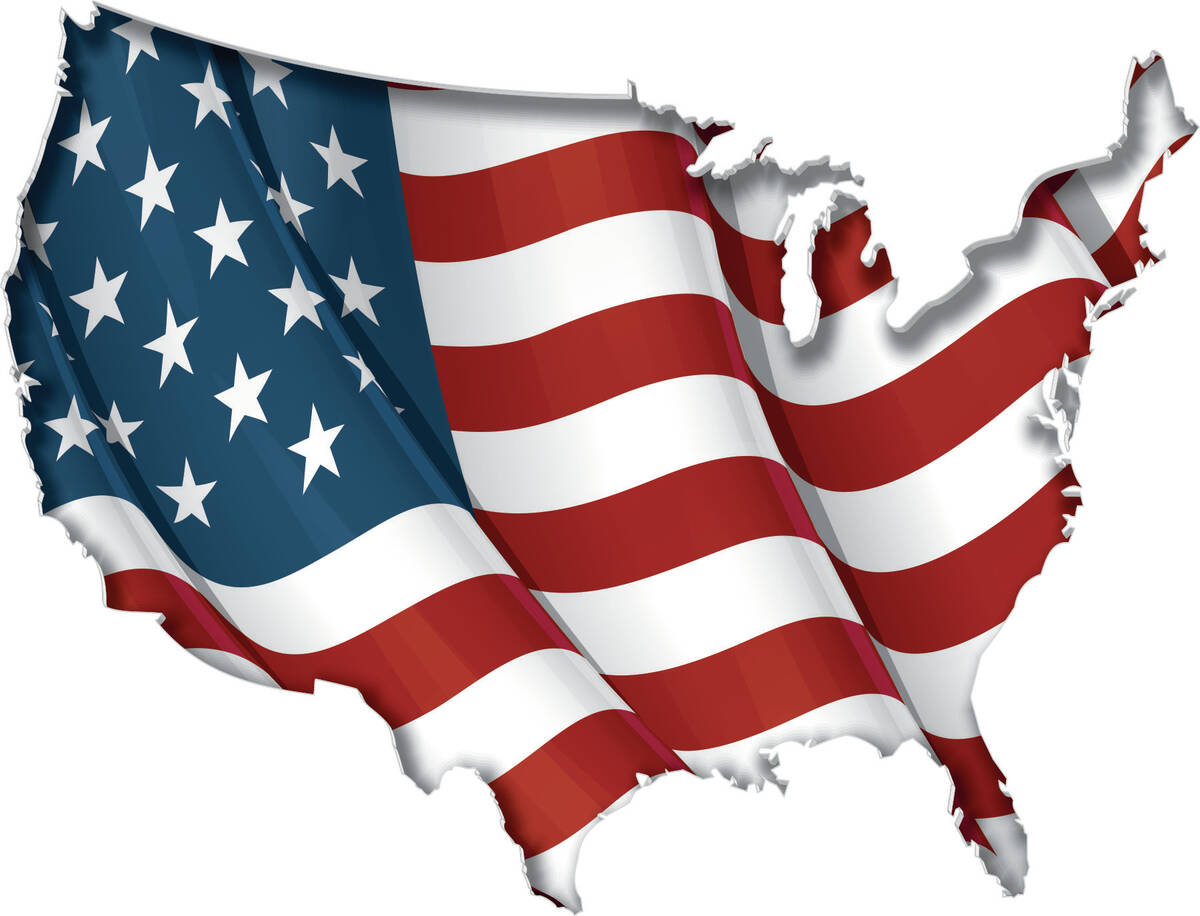COMMENTARY: What Is an American?
It is tempting to say that a debate is raging in the United States on what it means to be an American. Tempting to say — but not true — because little debate is actually occurring.
In this presidential year, both parties’ leading candidates have refused to debate their rivals and may well refuse to debate each other. And as we’ve seen with so-called debates in the past few election cycles, what is labeled a “debate” has deteriorated into something more like a “battle rap” — without the musical or poetic talent.
Elsewhere in society, our educational institutions, to their shame, have transformed themselves into “safe spaces” explicitly designed to avoid thoughtful, open discussion of views differing from the “accepted” view. The media are hardly different.
So while there is plenty of rage in the country, there is little debate about America’s ideals and principles and how the future should be shaped.
The need for a principled debate is critical, however. Both major political parties, despite talking about how the opposing party “threatens democracy,” are being driven by ideas at odds with what was once understood as the core values of the country. This is not being talked about enough.
The purpose of this essay is to reintroduce and reflect on the grounding principles of this country. What does it mean to be an American? Is it good or bad? Admirable or embarrassing? Are we the heirs of a history of which we should be proud — or should we erase our history out of shame and chart a new path? What does it mean today to be a “virtuous people”? Is there even such a thing as “the American people”?
At no time since the launch of the American experiment almost 250 years ago has there been a greater push to abandon our principles and move our country in a radically new direction, whether to the left or the right or some combination of extreme views from both.
On July 4, 2026, the United States will commemorate the 250th anniversary of the Declaration of Independence.
Note I said “commemorate,” not “celebrate.” Throughout most of American history, July 4 was a day of celebration: speeches, parades, fireworks, and community and backyard picnics. There was no controversy about the meaning of Independence Day; it was unambiguously an occasion to unite around the promise of “the land of liberty.” Until only a few decades ago, this was true.
In 1976, however, this consensus was starting to show cracks. In April that year, Chicago Cubs outfielder Rick Monday famously interrupted two protesters trying to burn an American flag in the outfield of Dodger Stadium in Los Angeles. There were other such events scattered around the country. On July 4th, in Philadelphia, a counter parade saw as many as 40,000 people demonstrate against what they viewed as the negative history of America, a counterprotest to the official parades and celebrations.
The 250th anniversary probably will see many more such events, with individual Americans increasingly being pushed into choosing sides. Wear this color hat, and you stand for this; wear that color bandana, and you stand for that. Pick a side.
Rather than dividing ourselves according to our choice of hats and bandanas and what they represent, let’s unite around the overwhelming number of principles and ideas on which we still agree.
One thing distinguishing America from other countries is precisely that it was founded on ideas. The next 30 months offer an excellent opportunity to examine those ideas.
Perhaps the country needs a major “refresh.” Let’s not prejudge that question. Let’s have a conversation about it, examining America’s principles — past, present and future — and what it means to be an American.
The American experiment continues. Nearly 250 years and still counting.
Frederic J. Fransen is president of Huntington (W.Va.) Junior College and CEO of Certell Inc., a nonprofit organization that provides schools and teachers with free digital curricula, e-books, lesson plans and related materials on U.S. government and history, world history and economics. He wrote this for InsideSources.com.


















